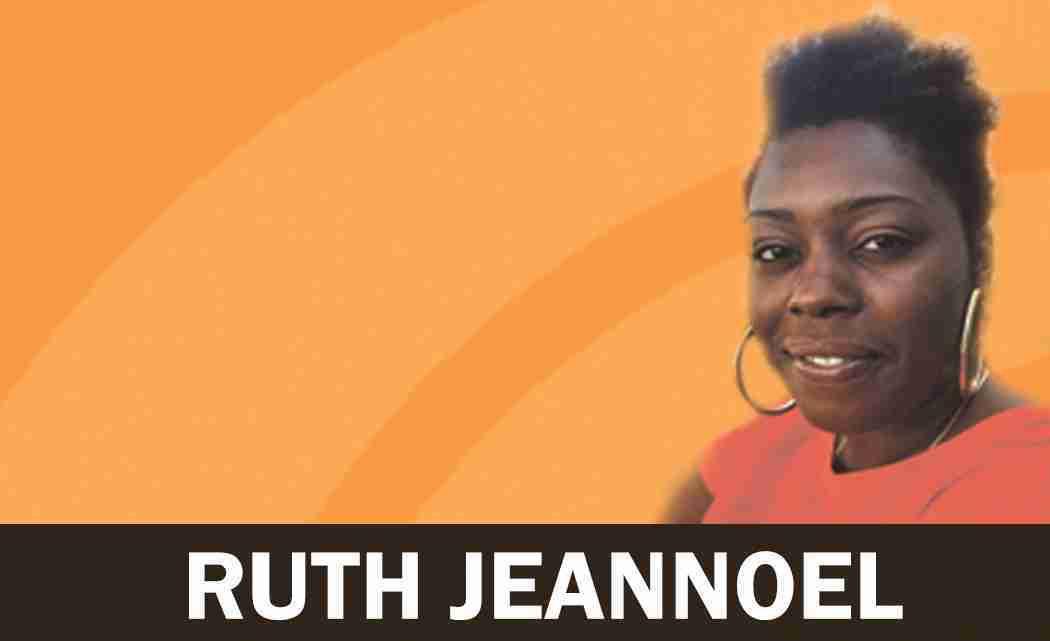Last week, I was passing out flyers for the #BlackGirlsMatter Town Hall, an event held in Miami last Thursday by Power U Center for Social Change and our local allies. I handed a flyer to an older Black man who was shocked there was an event focused on Black girls and women.
“What about Black boys and men?” he began. “I know it must be hard being a Black woman, but Black men are going through it harder. The police are killing us and locking us up more than Black women and girls.
“We need to focus on the men.”
Breathe, I tried to remind myself.
As much as I wanted to challenge him, I chose instead to engage. He was certainly not the first person to respond to me this way. In fact, I hear similarly dismissive messages quite often when I try to talk about Black girls and women. Through defensive words, side-eyes, teeth sucking, and silence, I am told Black girls and women don’t matter. Or, at least, they don’t matter as much.
“Listen,” I told the man, “We need to acknowledge that structural oppression against women exists – and I need you and to stand and fight with me.”
I needed him and everyone who thinks like him to recognize my humanity and the humanity of all Black girls and women. I didn’t want to engage in a conversation about whose oppression is more pressing; I wanted to talk about the fact that in order to obtain true freedom and liberation, we must address oppression in all of its forms. We cannot do that if Black women and girls continue to be M.I.A. – Missing in Action.
Black girls and women are missing from our discussions of police violence and mass incarceration. We are missing in conversations about education equity, economic justice, racial justice and a host of other public policy issues. I see this daily as the lead organizer for Power U Center for Social Change, a grassroots youth-led organization in Miami focused on dismantling the school-to-prison pipeline.
The school-to-prison pipeline, the combination of overly harsh school policies in which punitive and exclusionary measures such as suspensions, expulsions, and school-based arrests are used to deal with student misbehavior, is a glaring example of how Black women and girls are not taken into account. Advocacy around the pipeline has both implicitly and explicitly ignored the gender dynamics at play within it. The My Brother’s Keeper White House Initiative, for example, focuses exclusively on Black male achievement. Further, the pipeline is consistently viewed in terms of the male experience, and gendered vulnerabilities like sexual victimization, pregnancy and significant familial responsibilities that push girls out of school are completely ignored.
We know that this is incredibly detrimental for educational equity. A recent report by the African American Policy Forum entitled Black Girls Matter: Pushed Out, Overpoliced and Underprotected, details how these vulnerabilities, combined with and zero-tolerance policies, result in girls of color facing much harsher school discipline than their White peers. Here in Miami-Dade, Black girls comprise of less than a quarter of the female population, but one third of students given in-school suspensions and over half of those given out-of-school suspensions. The data is actually worse at some local high schools. Seven Black girls receive out-of-school suspensions for every White girl who is suspended out of school in Carol City, North Miami Beach, Miami Norland Senior and Miami Central.
The good news is that statistics like these are resulting in action, and campaigns like #WhyWeCantWait and #BlackGirlsMIA are lifting up the voices of women and girls of color. This conversation is important because we cannot obtain justice for all people without paying attention to the intersections of race and gender. When we ignore the experiences of Black girls and women, we perpetuate a patriarchal system that silences, undervalues and ignores our stories and experiences.
Any movement for equity and justice must centralize Black women and make room for us as the leaders we are.For those who are still reticent to centralize Black girls and women, I’m going to ask of you what I asked of the gentleman I met last week.
Listen. Lean in. Meet me at the intersections and know that there is no hierarchy of oppressions. Black girls and women matter because we are central to our collective liberation.
Ruth Jeannoel is the Lead Organizer for Power U Center for Social Change, a grassroots youth-led organization in Miami-Dade.













No Comment